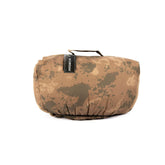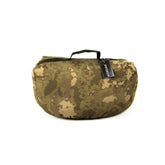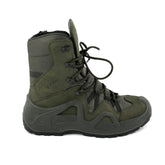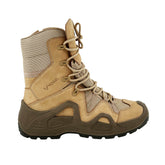Benefits and Cautions of Wave Surfing
Before starting surfing, it is important to ensure safety and learn the basics. When choosing a surfboard, larger and more stable boards are generally recommended for beginners. It is important to assume the correct position to maintain a safe stance against the waves in the sea. To maintain balance, feet should be placed shoulder-width apart, with body weight placed on the front foot.
When surfing, beginners at the entry level generally prefer smaller and lower waves. This provides a more suitable environment for maintaining balance and learning basic techniques. Learning fundamental techniques such as turning your board at the point where the waves form and applying resistance to the speed of the wave with the tips of your feet are important for improving surfing skills.
Additionally, paying attention to safety rules while surfing is vital. Avoiding collisions with other surfers, being cautious of other dangers in the sea, and considering weather conditions can make surfing a pleasant and safe experience. Obtaining expert training can be beneficial for further developing surfing skills and gaining a better understanding of this exciting water sport.

What are the Physical Benefits of Surfing?
Surfing can provide a range of benefits to physical health beyond just being a fun and exciting water sport. The physical benefits of surfing include:
-
Cardiovascular Health: Surfing involves activities such as continuously maintaining balance, paddling, and riding waves, which increase heart rate and support cardiovascular health. Regular surfing can enhance overall endurance and strengthen the cardiovascular system.
-
Development of Balance and Coordination: Surfing engages many muscles in your body to maintain balance on the water and move cohesively against the waves. This improves balance, coordination, and body awareness.
-
Muscle Strength and Flexibility: Surfing is an activity that strengthens various muscle groups, especially those in the upper body, back, abdomen, and legs. Actions like paddling, standing on the board, and interacting with waves target different muscle groups. Surfing can also increase flexibility, particularly improving the ability to rotate and bend the body.
-
Stress Reduction and Mental Health: Engaging with the sea and the experience of gliding on waves can reduce stress and positively impact mental health. Water sports often have a calming effect, and being in nature can enhance mental well-being.
-
Weight Control and Fat Burning: Surfing can contribute to weight control by increasing energy expenditure. Constant movement during surfing can elevate calorie burn and support fat loss.
However, as with any sport activity, it's important to consider your physical condition before surfing and consult a healthcare professional if you have any health concerns or restrictions.

What to Consider When Surfing?
• Knowledge of Seamanship and Skill Level: Understanding seamanship and your surfing skill level is important when surfing. If you're a beginner, starting in calm waters and with small waves might be safer. As you gain experience, you can progress to larger waves.
• Proper Equipment Use: Using appropriate equipment when surfing is crucial. Selecting and using the right surfboard, wetsuit, safety leashes, and other accessories can enhance safety. Additionally, regular equipment maintenance is important.
• Control of Weather and Sea Conditions: Checking weather and sea conditions before surfing is critical. Factors like wind, wave height, and currents affect the surfing experience. Strong winds, high waves, or dangerous currents can make surfing risky.
• Use of Safety Gear: Using safety gear during surfing is vital. Wearing a life jacket and, if necessary, a helmet provides protection against potential accidents.
• Sea Traffic and Respect for Other Surfers: Being mindful of sea traffic is important when surfing. Showing respect to other surfers and users of the sea can prevent accidents. Additionally, communicating to avoid collisions with other surfers during waves is important.
• Reading Waves: Understanding how waves form and reading them is important for surfers. Knowing about wave height, frequency, and direction can help you position yourself correctly and ride the waves effectively.









Leave a comment
Please note, comments need to be approved before they are published.